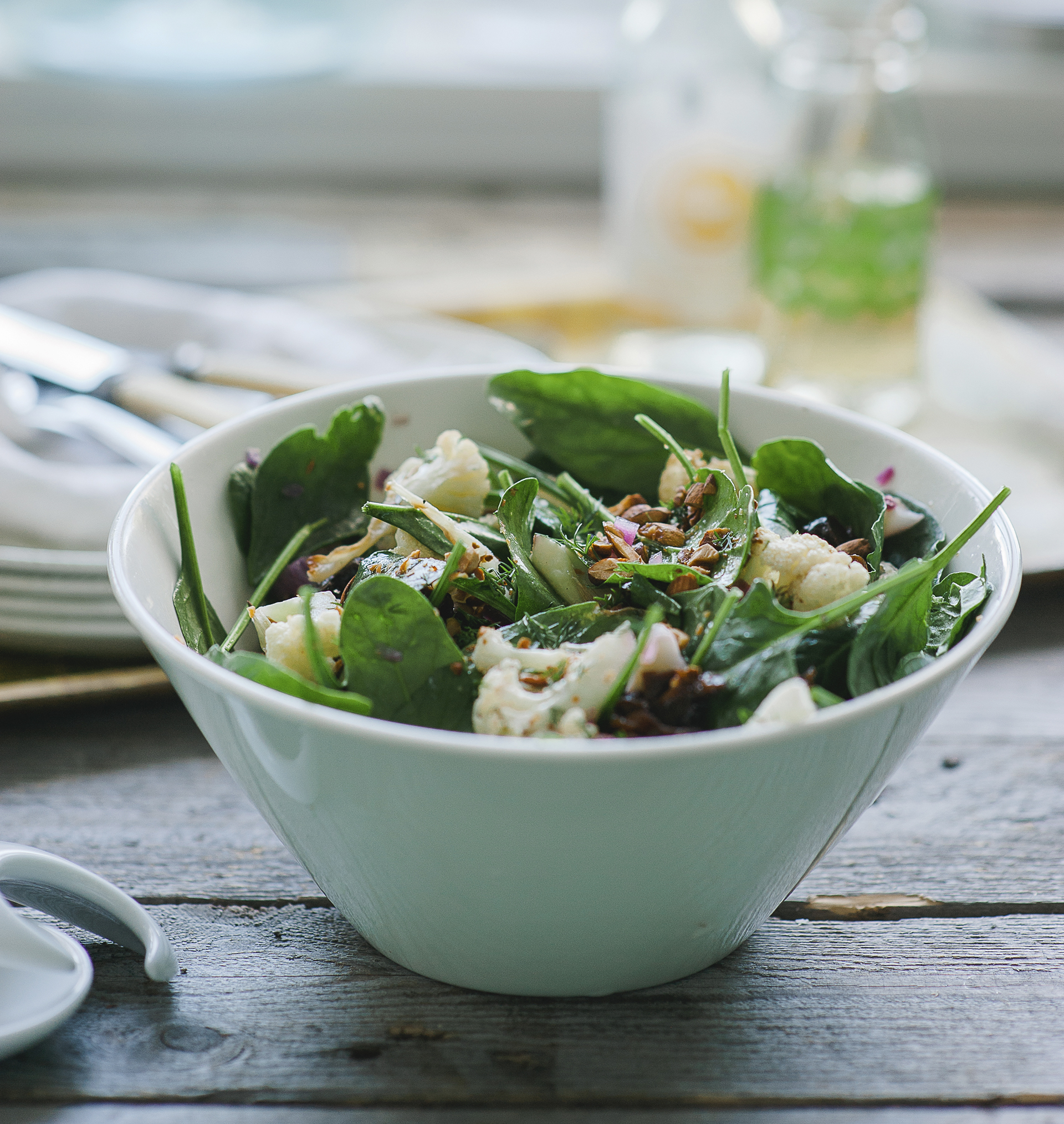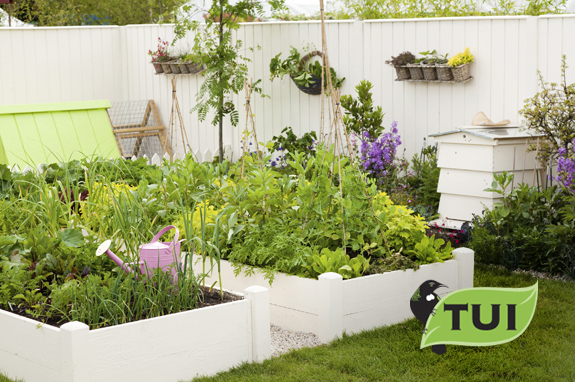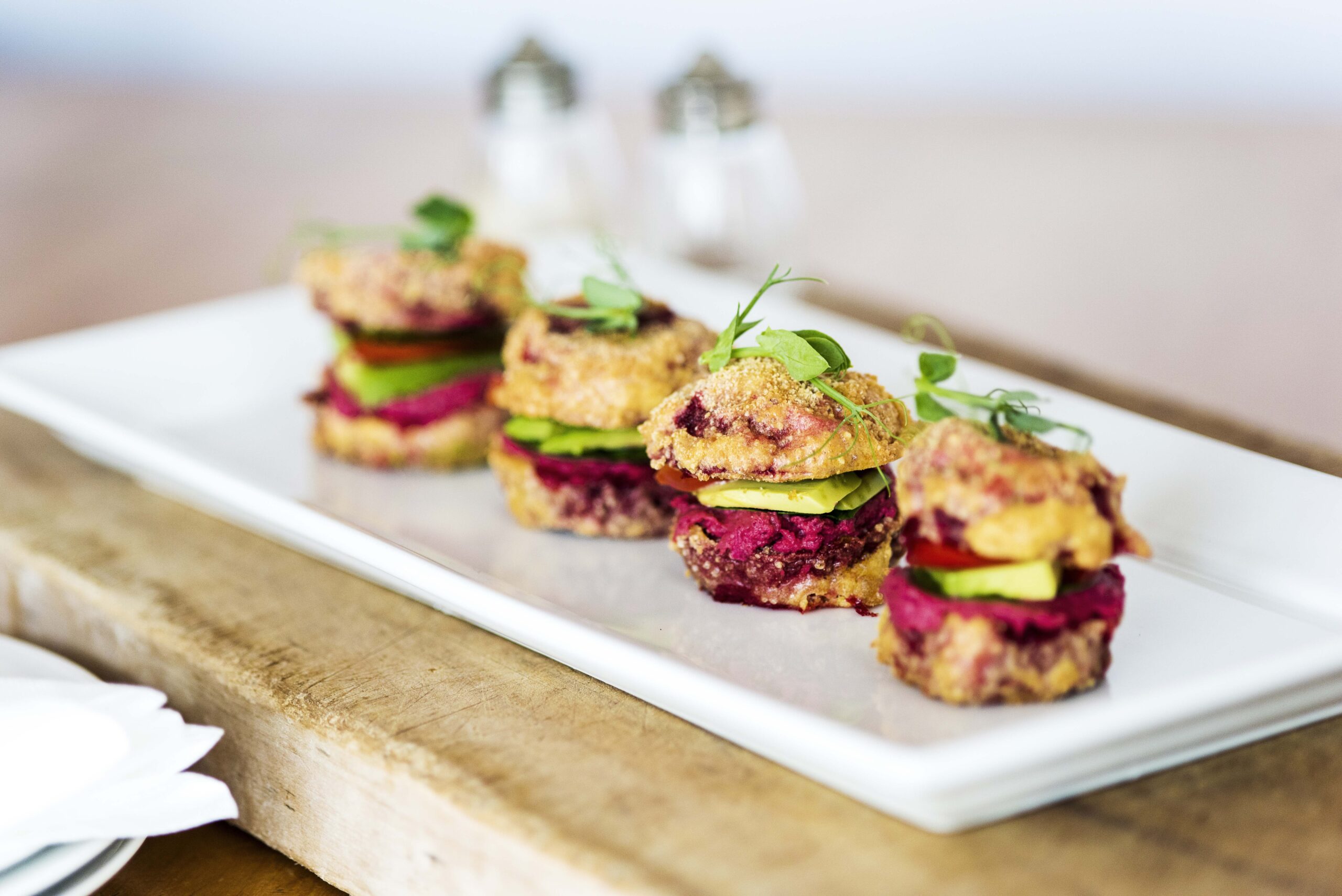Photography Toa Heftiba, Unsplash
PRODUCED IN PARTNERSHIP WITH MAAB
Airbnb has nothing on the human body when it comes to being superhosts.
Our bodies are home to 100 trillion microorganisms with our microbiota comprising around 50 per cent of our composition.
Within that, we host 500 species of beneficial bacteria – with 95 per cent residing in our gastrointestinal tract – which determine our health outcomes. Scientists are rapidly unravelling how the gut microbiome links to issues such as asthma, allergies, obesity and diabetes.
Increasing evidence suggests that probiotics activate the microbiome, triggering an array of physiological benefits, from better absorption of nutrients and improved gut function to safer pregnancies and strengthened immunity.
Probiotics are living entities containing different microbiotic species that we ingest. But it’s not as simple as a one-size-fits-all probiotic fix, say husband-and-wife founders of MAAB, Betty Su and Alex Lou.
“Probiotics are classified by genus, species and strain, the two most common being Lactobacillus rhamnosus and Bifidobacterium lactis, and each strain stimulates a specific health response,” says Betty.
“Products vary in potency, with up to 50 billion per dose measured in CFU, meaning colony forming units, and it’s very important people choose the right strain and strength of probiotic backed by scientific evidence proving they’ll get the benefits they want.”
MAAB partnered with the world’s leading probiotics producer, Danish company Deerland, to produce its probiotics to be distributed to healthcare providers and consumers.
“Deerland is a pioneer in probiotic development. It was the first to isolate the Lactobacillus acidophilus bacteria and researches how probiotic strains produce specific health benefits. That’s why we work with them,” says Betty.
MAAB has removed the overwhelm of choosing the right probiotic by using patented technology to create products that deliver the exact probiotic dosage tailored for each health concern.
“Our range targets everything from tooth cavities and gingivitis to immunity and vaginal and gut health.” says Betty.

She explains probiotics have a significant impact on babies’ health too, so MAAB created specific probiotics for pregnant mums in its Mom Care product.
“Baby’s first main contact with microbes is during birth. A natural birth means the baby’s first contact is with the mother’s vaginal and gut microbes; birth by caesarean means first microbes come from skin and the hospital environment. Microbes also differ in mother’s milk versus formula, and together these create the baby’s microbiota, which trains the baby’s immune system to detect beneficial from harmful bacteria.”
Research suggests first microorganism contact may influence a baby’s physiological propensity for allergies.
“Friends whose children suffer allergies say if they’d known this they’d have chosen natural delivery or started probiotic supplementation early to avoid it,” says Betty.
She says MAAB’s Mavag probiotics prevent bacterial vaginosis, which may lead to miscarriage, amniotic fluid infection, preterm labour and endometriosis.
“The three lactobacillus strains in our Mavag create a healthy pH environment, preventing bacterial vaginosis, common in women ages 15-44, where the greatest risk factor is a change of sexual partner,” Betty says.
MAAB, Lou explains, stands for “Meet Alex and Betty”, a name Alex created not just to tell the family background of the business but also to reflect the joy and philosophy of meeting and connecting with people in life and in business.
Says Alex, “Working in healthcare gives us a lot of self-fulfillment when we hear about the positive impact the right products can have for consumers. We cannot wait to bring these wonderful probiotics to New Zealanders.
Find out more at maab.co.nz.





